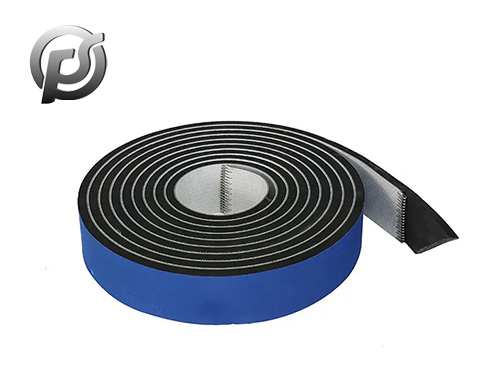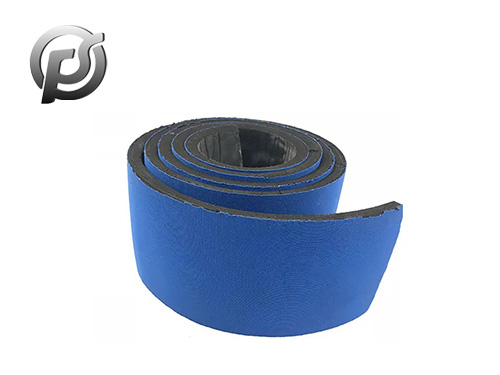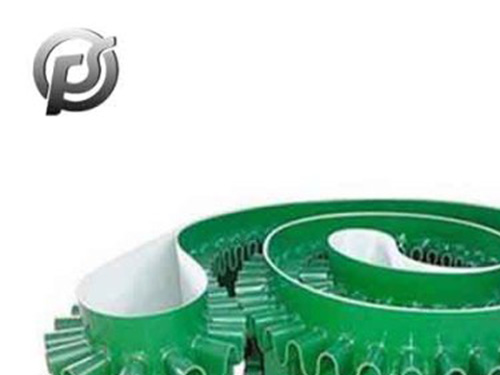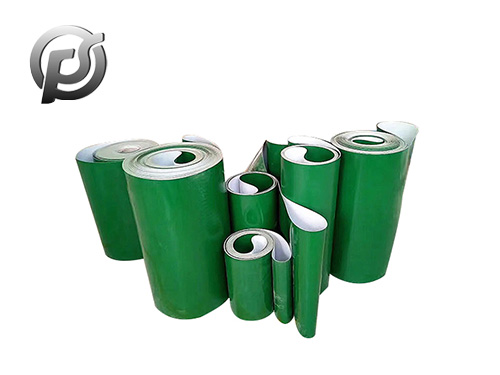Light conveyor belts are widely used in various industries for the efficient transportation of goods and materials. They offer several advantages, contributing to their popularity in industrial applications. Here are some key advantages of rubber conveyor belts:
Versatility:
Wide Range of Applications:
Light conveyor belts are suitable for conveying a diverse range of materials, including bulk goods, grains, ores, coal, and industrial products. They are used in industries such as mining, manufacturing, agriculture, and logistics.
High Tensile Strength:
Durable Construction: Rubber conveyor belts are known for their high tensile strength, which enables them to handle heavy loads and resist tearing or breaking. This durability makes them suitable for transporting materials in demanding industrial environments.
Flexibility and Adaptability:
Conforming to Conveyor Systems: Rubber belts are flexible and can easily adapt to the shape of conveyor systems. This flexibility allows for the design of conveyor systems with curves, inclines, and declines, optimizing the layout for specific operational needs.
Shock Absorption:
Cushioning Effect: Rubber has natural shock-absorbing properties, providing a cushioning effect during the conveying process. This feature helps protect both the conveyor belt and the conveyed materials from impact and reduces the risk of damage.
Chemical Resistance:
Suitability for Harsh Environments: Rubber conveyor belts are often resistant to various chemicals, oils, and abrasion. This resistance makes them suitable for use in environments where exposure to harsh substances is common.
Easy Maintenance:
Simple Repairs: In the event of damage, Light conveyor belts are generally easy to repair. Common repairs include patching or replacing damaged sections, which can be done quickly to minimize downtime.
Cost-Effective:
Long Service Life: The durability of rubber conveyor belts contributes to their cost-effectiveness over the long term. Their resistance to wear and tear, coupled with low maintenance requirements, can result in a lower total cost of ownership compared to alternative materials.
High Friction Coefficient:
Efficient Material Transfer: Rubber has a high friction coefficient, ensuring that materials stay in place during transportation. This property is essential for preventing slippage and ensuring the efficient transfer of goods.
Temperature Resistance:
Suitable for Varied Temperatures: Rubber conveyor belts can operate effectively across a wide range of temperatures. This makes them suitable for use in both hot and cold environments without compromising performance.
Noise Reduction:
Quiet Operation: Rubber belts tend to operate more quietly than some other materials, contributing to a quieter and more comfortable working environment in industrial settings.
In summary,
Light conveyor belts offer a combination of strength, flexibility, chemical resistance, and other advantageous properties that make them a popular choice for material handling in diverse industries. Their ability to withstand harsh conditions and adapt to various applications makes them an essential component in modern industrial processes.


 PE Conveyor Belts: Characteristics, Applications, and Advantages
PE Conveyor Belts: Characteristics, Applications, and Advantages
 Stone Conveyor Belt: Enhancing Efficiency and Productivity in Material Handling
Stone Conveyor Belt: Enhancing Efficiency and Productivity in Material Handling
 Optimizing Operations with PE Conveyor Belts: Durability, Efficiency, and Versatility
Optimizing Operations with PE Conveyor Belts: Durability, Efficiency, and Versatility